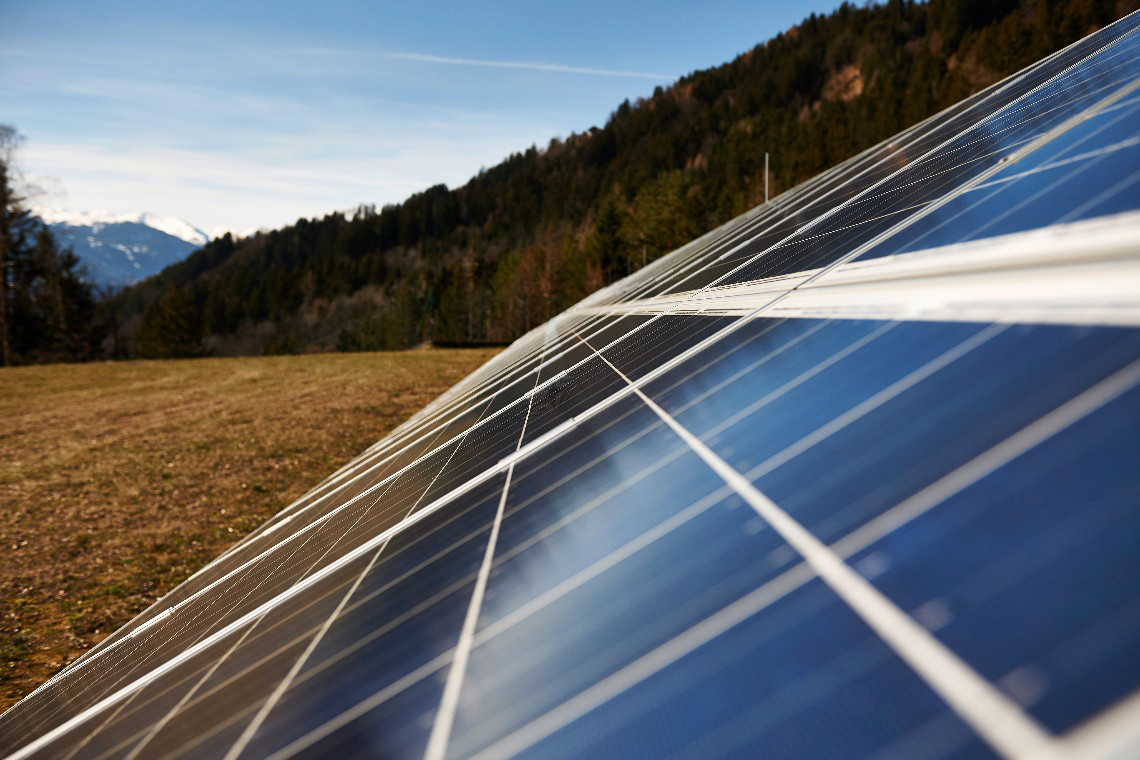Energy Supply
The future of Austria’s energy supply continues to depend on a combination of conventional and renewable energy sources as well as on power grids and gas networks with adequate capacities.

Overall conditions must therefore be created to encourage the investment required to avoid any shortages or risks to the secure supply of energy and to ensure a modern and sustainable supply of energy that is both affordable and competitive, to maintain Austria’s attractiveness as a business Location.
Renewable energy sources
Austria is a pioneer in the use of renewable energy sources compared internationally. For example, more than 75 percent of electricity is already currently generated from renewable energy sources. This makes Austria one of the most CO2 efficient EU countries in the electricity sector, despite its renunciation of nuclear energy. Nuclear energy is neither sustainable, nor is it a viable option for combating climate change.
For historical reasons, Austria has both the essential renewable energy sources of hydropower and biogenic fuels (e.g. firewood, wood chips, pellets, biodiesel, biogas or residual lyes). Both these renewable energy sources make up the largest proportion of domestic energy production, whereby the proportion of hydropower is tending to decline slightly and the proportion of biomass is rising. The use of ambient heat within the framework of heat pumps and energy generation from wind and photovoltaics are also increasing continuously and significantly to a large extent.
Almost two thirds of the energy consumed in Austria is imported, particularly oil and natural gas. The consumption is therefore still dominated by fossil fuels, the proportion of which is, however, continuously being pushed back in favour of the proportion of renewable energies.
Energy efficiency
The cheapest, cleanest and safest energy is the one that we do not consume at all in the first place. Measures to increase energy efficiency are therefore a cost-effective way to support the economy and households, to promote growth, employment and investments and to contribute to maintaining security of supply.
Energy efficiency, i.e. energy consumption in relation to economic production, has improved constantly since 2005. Energy consumption has, however, only begun to fall recently (partly also due to the pandemic).
Security of supply
Austria is dependent on energy imports to a large extent (especially oil and natural gas). Security of supply is therefore a central aspect of Austrian energy supply.
Important measures are the expansion of the renewable energy sources available in Austria and the reduction of energy consumption. On the other hand, a reserve supply and storage systems are used to ensure that sufficient time for adaptation measures is available in the event of an undersupply. Through sufficient diversification of the countries supplying oil, the risk of supply bottlenecks is widely spread.